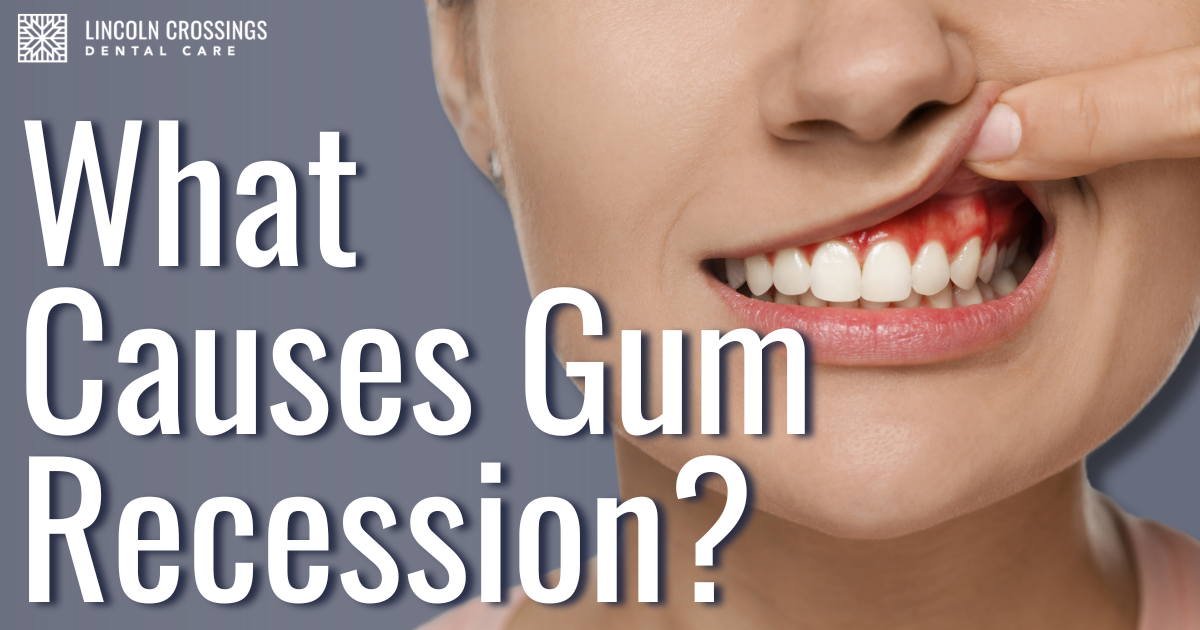Should You Be Worried About Gum Recession?
Gum recession is something many people experience, but it’s not always the result of poor oral hygiene. In fact, brushing too hard, genetics, or even the natural aging process can all play a role in gum tissue loss. So, how do you know when to be concerned?
Dr. Chris Stryker hears this question every day, so he made a video breaking down the causes of gum recession, the problems it can lead to, and how you can keep your gums healthy. Keep reading to learn more—then watch the video to hear what Dr. Stryker has to say.
What Causes Gum Recession?
Gum recession can happen for many reasons, including:
- Brushing too hard
- Clenching or grinding teeth
- Gum disease
- Genetics
- Aging
For many people, recession happens gradually, making it easy to miss until teeth start feeling more sensitive or looking longer than before.
When Should You Be Concerned?
Not all gum recession requires immediate treatment, but it’s important to monitor changes and take action early to avoid complications. If left untreated, receding gums can lead to:
- Tooth sensitivity: Exposed tooth roots can become sensitive to hot, cold, or sweet foods.
- Increased risk of cavities: Teeth are more vulnerable to decay without protective gum tissue.
- Progression of gum disease: Receding gums may be an early sign of a more significant issue.
The good news? There are effective treatments to slow, stop, and even reverse gum recession in many cases.
Watch the Video to Learn More
Dr. Stryker explains everything you need to know about gum recession, including common causes, when to seek treatment, and how to protect your gums. Click here to watch the video now.
If you’re noticing changes in your gums or experiencing sensitivity, contact our dental office located in North Huntingdon, PA to schedule an exam.







